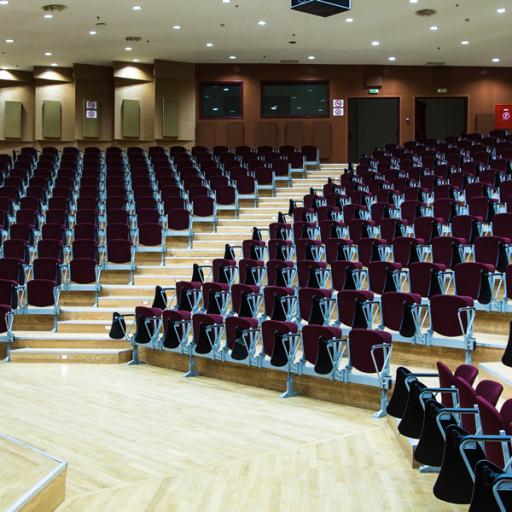Abstract: This paper investigates the role of overconfidence on contests. An overconfident player overestimates his probability of wining the contest while holding a correct assessment of the monetary value of winning and his cost of effort. In two player contests where players have the same technology and preferences, the more overconfident player is the one who exerts lower effort and is the Nash loser. In addition, an increase in overconfidence of either player lowers the efforts of both players. In two player contests where players have different technologies and preferences, any advantage a player may have on his contest technology or cost function, a large enough overconfidence bias can always make that player the Nash loser in the contest. Finally, we show that in a symmetric n>2 player contest where all players are equally overconfident, an increase in overconfidence lowers the efforts of all players provided that the bias is large enough relative to the number of players. These findings provide conditions under which overconfidence lowers rent dissipation and is an explanation for Tullock's paradox.
Zoom link: https://zoom.us/j/97374751400?pwd=UjZ4cUVaSXZ2bnZUT1BNSVhySFlDQT09







